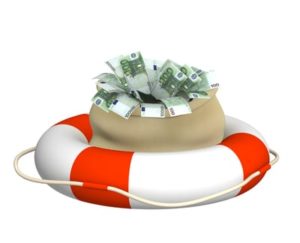 This year has been challenging, with wildfires, hurricanes and flooding. We all want to help and these people need our help. but you want to give your money where it will do the best and not go to scammers. If you choose to give, and I’m sure you do, make sure your money goes to those in need (not to scammers) through a charity that you have researched.
This year has been challenging, with wildfires, hurricanes and flooding. We all want to help and these people need our help. but you want to give your money where it will do the best and not go to scammers. If you choose to give, and I’m sure you do, make sure your money goes to those in need (not to scammers) through a charity that you have researched.
This is also the time of year when you are receiving mail / calls from many charities who are asking for donations in this holiday season. Check them out before you make the decision to give.
Fundraisers can legally keep most of the money donated to the cause. Not to mention the scammers who are out there to take your money. Before you donate, find out whether the charity is legitimate and what percentage of donation actually go to the cause.
You can start your research at Give or Charity Navigator. These organizations research charitable organizations to find out how they use the funds they receive – how much actually goes to the cause versus other expenses.
Here are some tips to help in your research:
- Find out if the charitable organization has a 501(c) status (IRS code for non-profit organizations). Non-profits have stricter requirements, and your donation may be deductible on your tax return.
- Find about how much of each dollar is being used for the cause versus administration costs and other expenses. The more expenses, the less of each dollar is being used for the cause. Look for the lowest administrative costs.
- For cash donations, request a receipt to use as documentation on your tax returns. All donations over $500 will require additional documentation, so speak with your tax preparer ahead of time.
- When donating non-cash items such as food, clothing, furniture, automobiles etc, you will need an itemized list of the items you donated and the total value. Most charities will ask you to value your own items.
- Check with your tax preparer for specific details for your situation and make sure you get a receipt for your donations with the charity’s information on it.
Do your research and chose the organization(s) wisely. This is a great way to help out others who are less fortunate than you during this season of giving.

 Fact Checking Charities
Fact Checking Charities The end of the year is coming up. People are meeting with their tax preparers to find out how to increase their deductions.
The end of the year is coming up. People are meeting with their tax preparers to find out how to increase their deductions.